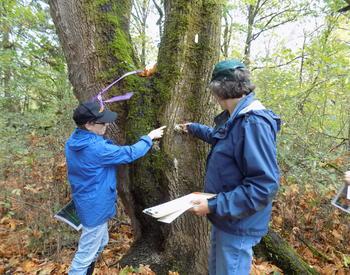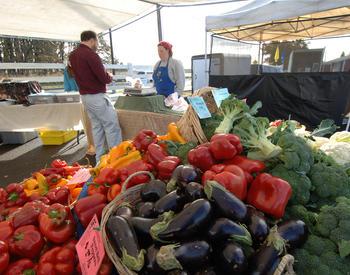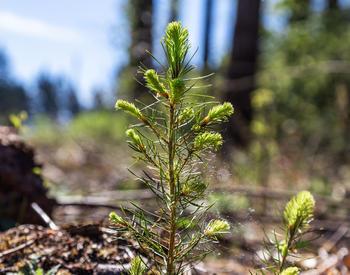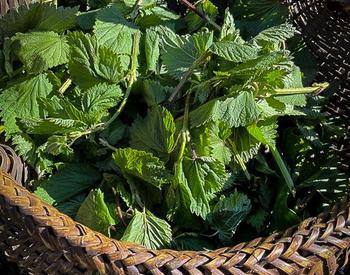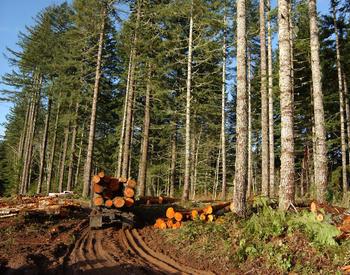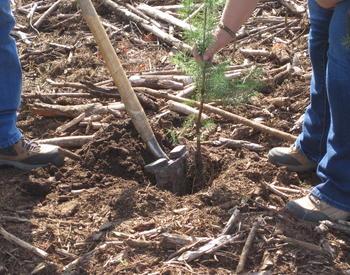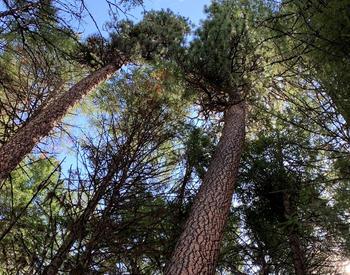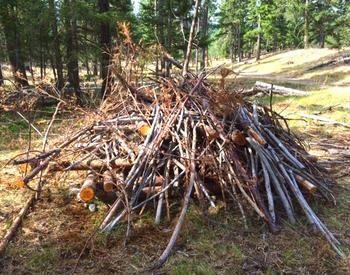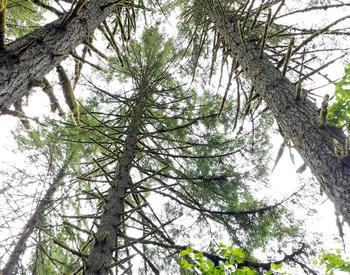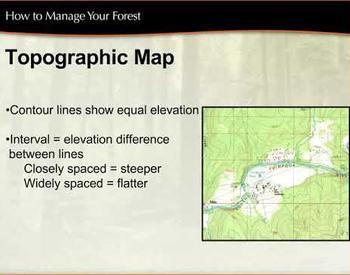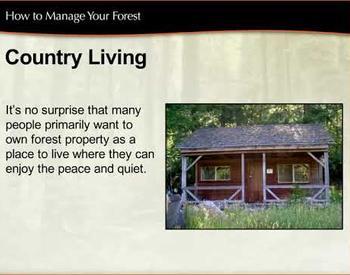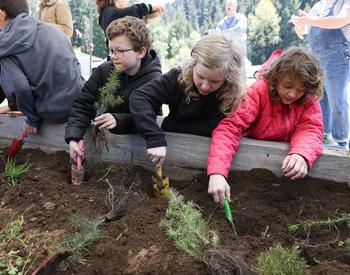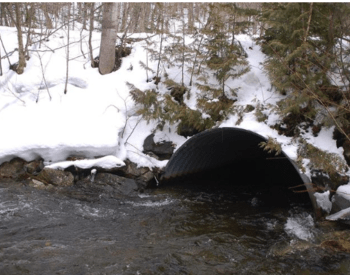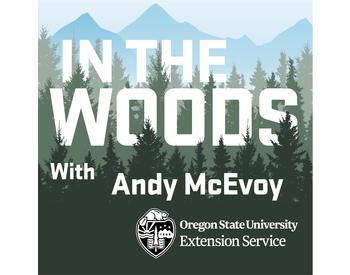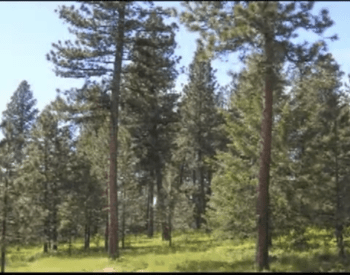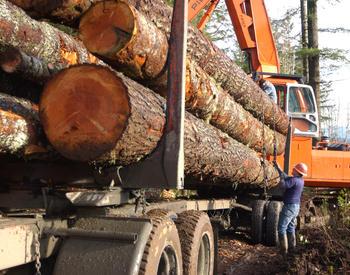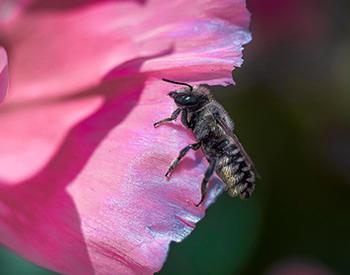The expertise, the knowledge, and the guidance
that I received through Oregon State University Extension
in the forestry program was hugely important to the success
of my woodland.
In the case of forestry, the best practice
to succeed in having healthy trees
also ends up being the best practice
for a healthy ecosystem.
Clean air, clean water, our best water quality
comes from the forest.
The practices that you are doing are not harmful,
in fact, enhance the health of the soil, the air,
and the water quality.
And so education would help sustain those forests,
and particularly those forests that
are not managed by professional trained foresters.
You call me as your extension forester.
And I have 30 years of experience.
And you get your questions answered.
And you find out what you need to know.
Starting a forest from scratch is not easy.
There's a lot of ways that things can go wrong.
Workshops, classes, and particularly field tours,
visiting sites-- we do a trial or a demonstration.
Overall forest management, from the start
to finish, to help keep fish-bearing streams
safe from overheating, from debris,
from too much mud or silt or sand in the water.
The things that you learn are helpful to families in general,
to the kids, and even the grandkids, who someday
will be taking over the management
of the woodlands themselves.
About a dozen county extension foresters
